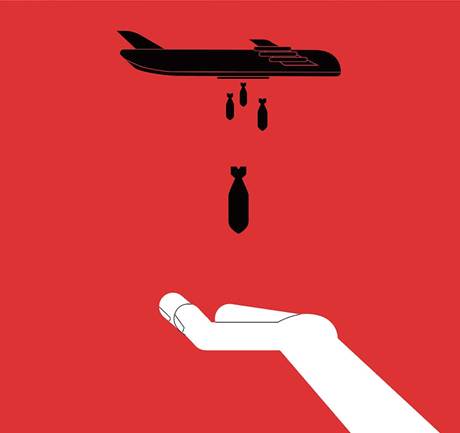Free Courses Sale ends Soon, Get It Now


Free Courses Sale ends Soon, Get It Now



Copyright infringement not intended
Context: India had 160 nuclear warheads as on January 2022 and it appears to be expanding its nuclear arsenal, the Stockholm International Peace Research Institute (SIPRI), a defence think tank, said.
More on the news:
What are the key developments/concerns flagged by the yearbook?
What is the general attitude among countries about existing nuclear and arms related treaties?
What is SIPRI?
https://epaper.thehindu.com/Home/ShareArticle?OrgId=GCQ9U76D9.1&imageview=0
© 2024 iasgyan. All right reserved